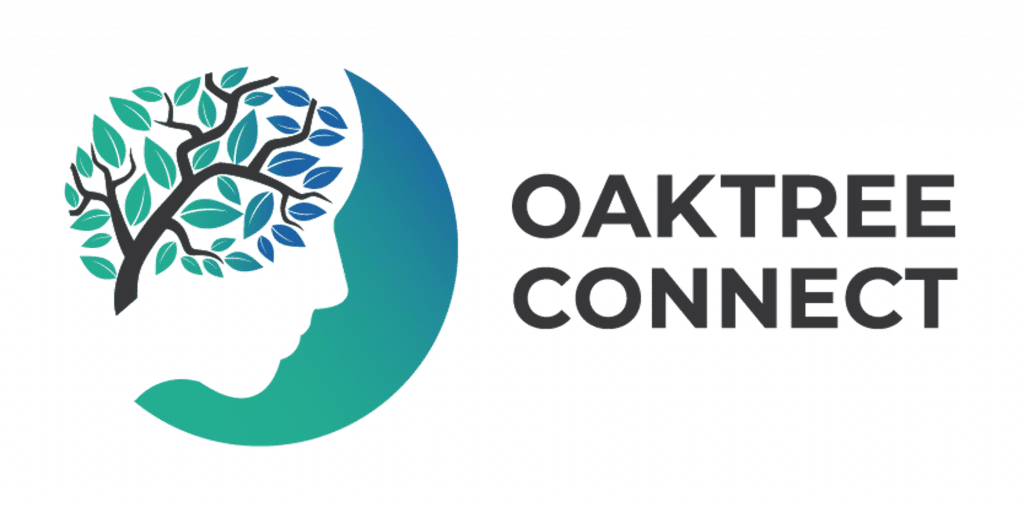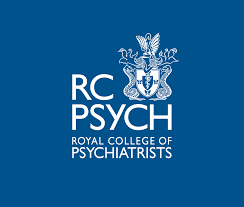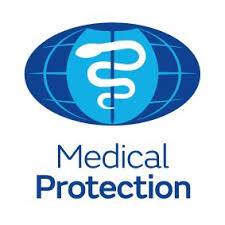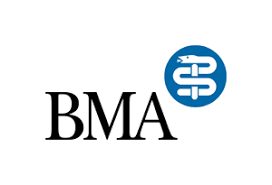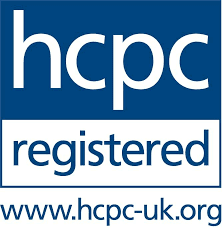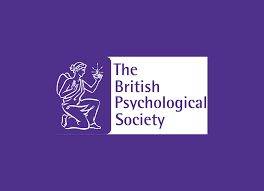Disorders Treated with TMS
TMS is used to treat a variety of psychiatric and neurological disorders, including depression, anxiety, PTSD

US Endorsements
TMS was FDA approved in 2008 and is Widely Used in North America
UK Endorsement
National Institute of Clinical Excellence (UK) approved TMS, 2015
Patient Recovery
8/10 people treated in Oaktree with TMS recovered
Depression
Depression is a disorder consisting of a group of symptoms including low mood, loss of interest in leisure activities, low energy levels and concentration, poor sleep, low self worth, feelings of guilt, negative thought processes among others.
While It can sometimes be used and confused with sadness, feelings of low etc. it affects about 4 out of 10 people in the UK over their lifetime. Half the people suffer depression only once in their lifetime but unfortunately the other half would have recurrent episodes. If you are suffering with depression, TMS may be able to help.
TMS has consistently been recommended as an effective treatment for clinical depression by national treatment guidelines, NICE – National Treatment Guidelines and Royal College of Psychiatrists –RCPsych Guidelines following extensive research into its effectiveness.
Anxiety
Everyone has feelings of anxiety at some point in their life. For example, you may feel worried and anxious about sitting an exam, or having a medical test or for a job interview. During times like these, feeling anxious can be perfectly normal. But some people find it hard to control their worries. Their feelings of anxiety are more constant and can often affect your daily life.
Whether you suffer with anxiety as a stand-alone condition, or have both anxiety and depression, TMS is a highly effective treatment. The treatment is slightly different for anxiety and depression so each condition is treated separately using TMS. We are experienced in treating generalised anxiety with great success rates at Oaktree Connect.
Bipolar Disorder
Bipolar disorder (formerly known as manic-depressive illness or manic depression) is a mental health condition that causes unusual shifts in a person’s mood from elated and irritable to extreme sadness or flatness. The highs consist of high energy and activity levels this contrasts with the period of lows where the sufferer feels extremely low, exhausted with no motivation for anything. These shifts make day-to-day life difficult to manage and enjoy.
TMS works in depression in bipolar disorder by acting on the front of the brain, the prefrontal cortex, that is partly recognised as the area involved in depression. TMS has significant advantage over antidepressant medication in this condition. It uses magnetic pulses to treat parts of the brain involved in depression.
Migraines
Migraine is an intense headache that is often followed by a range of symptoms such as light sensitivity, nausea and blurred vision. Although the exact cause of migraines is unclear, researchers suggest it involves changes in chemicals and neurons in the brain. There is a wide range of common triggers for a migraine that can include stress, caffeine, loud noises, dehydration, excessive screen time, changes in vision and hormone changes to name a few.
The duration and intensity of a migraine varies widely dependent on the person but they typically last for several hours up to a few days. If these symptoms are continuing several times a week, although not damaging, they can have a profound effect on your quality of life.
In 2014 the NICE guidelines approved the commencement of rTMS for the treatment and on-going prevention of migraines and has therefore been used frequently within clinical studies. The clinical trial suggested that rTMS could therefore be incorporated to reduce the intensity of migraines during an attack or preventatively to reduce future symptoms.
If you feel like migraines are becoming a serious issue within your life, contact us on Oaktree Connect to find out more information about how we can best support you with rTMS.
OCD
OCD is a distressing and life limiting condition where the sufferer’s mind is preoccupied with unwanted thoughts, for example about dirt, contamination and they feel the compulsion to carry out some actions, for example repeated hand washing, cleaning. These thoughts and actions cannot be controlled by the person even when they try their hardest to.
TMS is the new, more effective treatment directed at prefrontal cortex and the the brain cell networks (circuits) that are involved in causing OCD.
Pain Management
Chronic pain can be defined as severe pain that spans longer than 12 weeks.
Currently the evidence suggests that the nervous system experiences change and pain signals are created in the nerves that we interpret as real pain. Over long durations, the body’s ability to facilitate and control pain is weakened. Although there are several interventions such as medication, physiotherapy and psychological therapy that can be used by clinicians to reduce pain, many individuals are turning to rTMS to control their pain.
When other forms of treatment have shown to be unsuccessful, rTMS may prove to work. This non-invasive and safe treatment is a medication free method based on strong evidence that can support you in getting your life back on track.
Tinnitus
Tinnitus is the perception of noises in the head or ear that have no external source, often described as buzzing or ringing sound. It can affect anyone at any age and TMS has been used to treat the condition. Although there are somewhat limited studies in this area, researchers suggest that rTMS inducing electrical currents in the brain acts to decrease the high activity in the auditory system. It is this system that is suspected to be responsible for the perception of tinnitus and is an area that we can directly activate with this treatment.
Within the clinic we have seen tremendous success with the reduction of tinnitus related symptoms and our patients notice a significant decrease in the intensity and persistence of tinnitus
If you would like more information regarding the treatment procedure for tinnitus, please feel free to contact us on Oaktree Connect
Post Tramatic Stress Disorder (PTSD)
Those who suffer from PTSD relive the traumatic event through nightmares and flashbacks and constant anxiety. They may also experience feelings of isolation, irritability and low mood, sometimes blaming themselves for the traumatic event. In some, panic attacks can occur.
People with PTSD have specific increased activity and abnormalities of function in the front regions of the brain. A growing and solid body of research has shown that with rTMS these areas of the brain can be targeted to calm the activity which in turn reduces the symptoms of PTSD. This new movement has therefore shown the effective uses of rTMS in order to help a large number of people suffering from trauma. In fact, in the USA rTMS is used widely and effectively for veterans who suffer from PTSD following combat.
